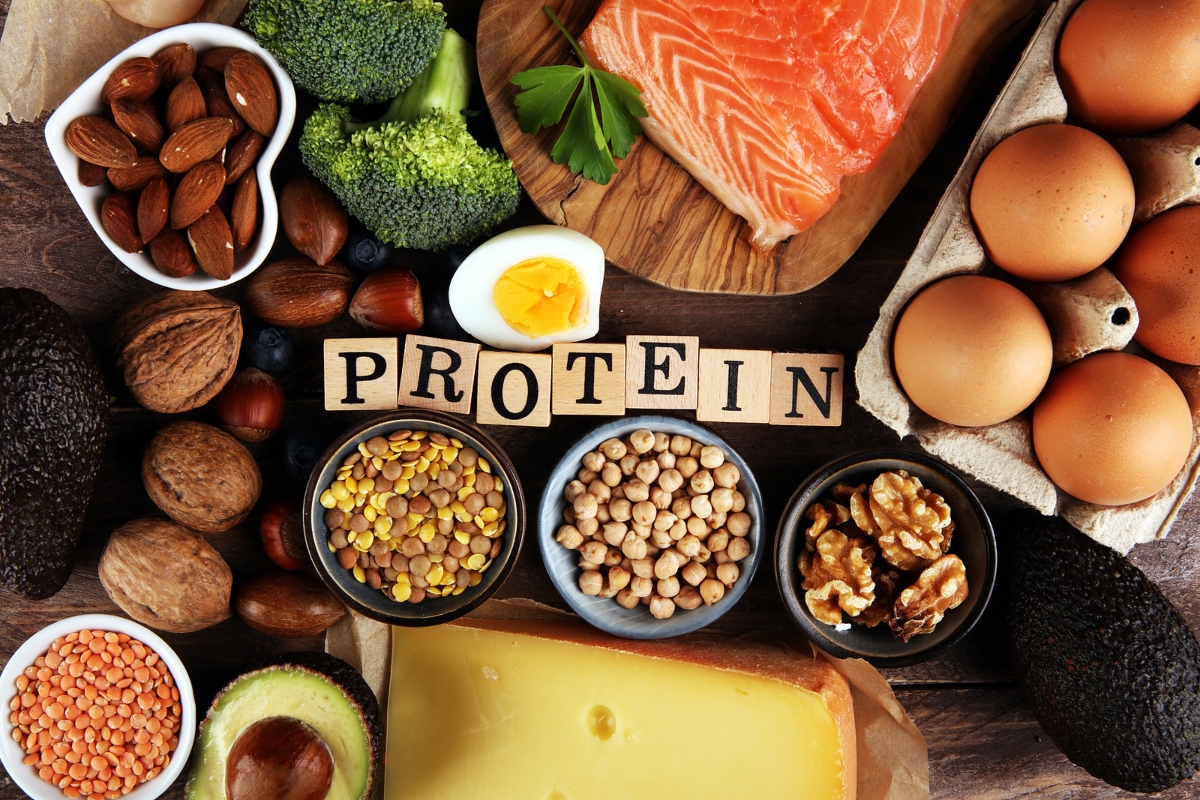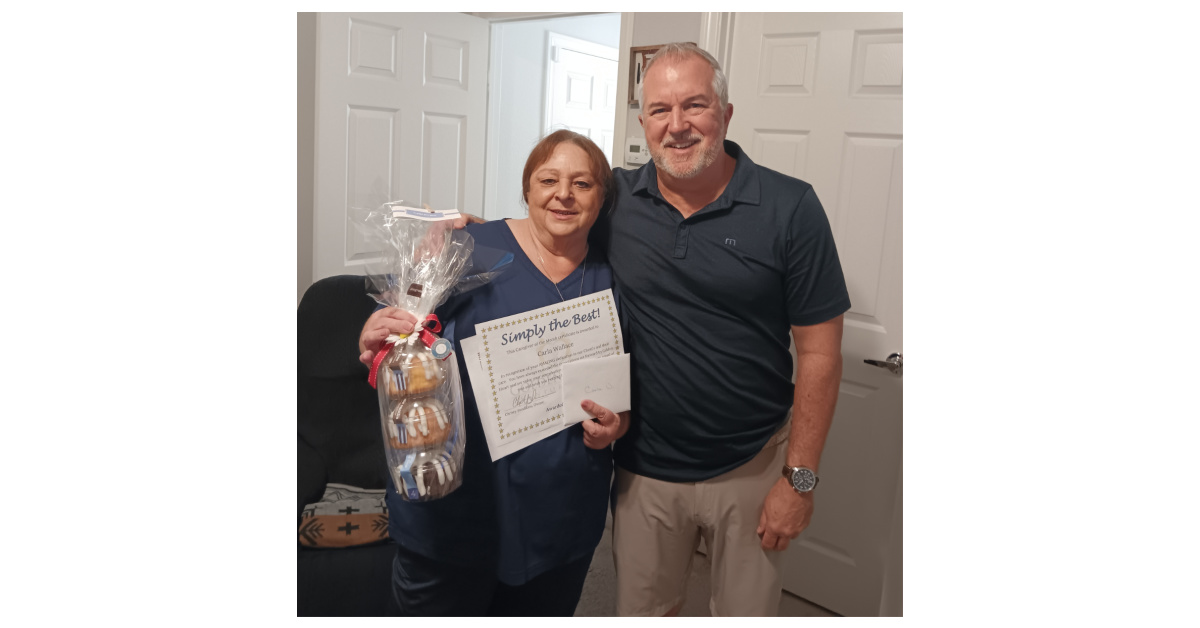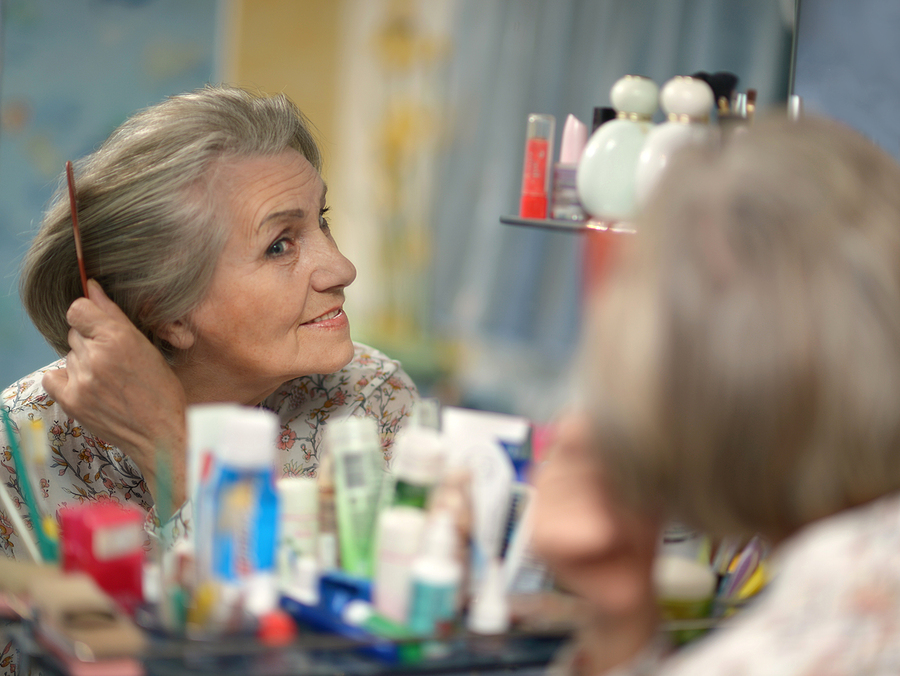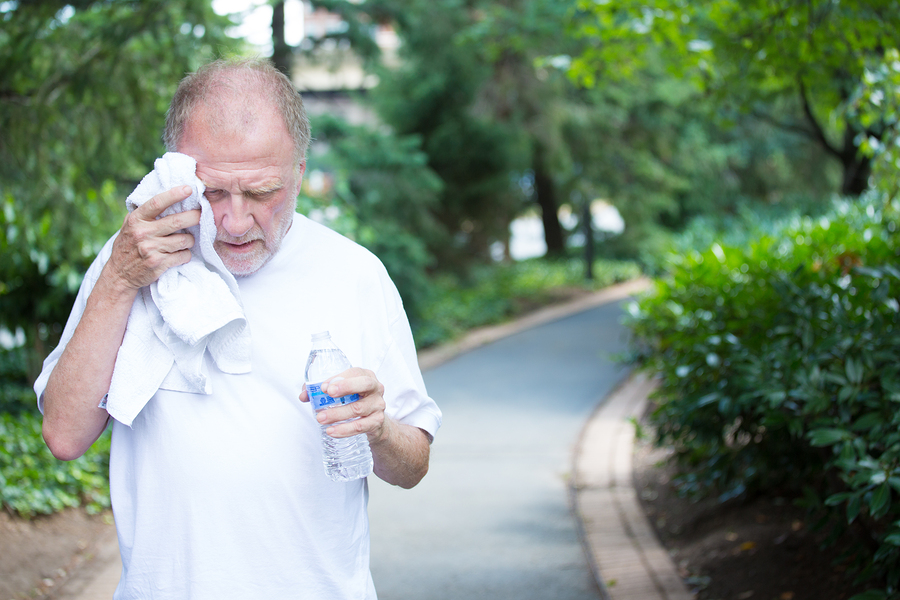 Three out of five adults aged 65 or older have lost some of their sense of taste. In addition, an older adult’s stomach empties slowly, so they feel fuller longer and may not eat as much. These are just two of many circumstances that can lead to nutritional deficiencies in seniors. Here are some of the most common vitamins and minerals that seniors become deficient in, and how senior home care can help.
Three out of five adults aged 65 or older have lost some of their sense of taste. In addition, an older adult’s stomach empties slowly, so they feel fuller longer and may not eat as much. These are just two of many circumstances that can lead to nutritional deficiencies in seniors. Here are some of the most common vitamins and minerals that seniors become deficient in, and how senior home care can help.
B-Vitamins
The value of B vitamins lies in their help with cognitive function and mood. The three most common are folic acid, B-12, and B-6. Around 26% of older adults have a B-12 deficiency. Studies found that 61% of older adults had a B-6 deficiency.
Calcium and Vitamin D3
Calcium and vitamin D3 are necessary for bone health, yet estimates find that less than 1% of women get enough calcium and about 25% of men get enough. A high-sodium diet leads to calcium getting flushed out of the body faster.
Deficiencies are linked to osteopenia and osteoporosis. If your dad falls and doesn’t get enough calcium, there’s a higher chance that his bone is weaker and will fracture. While women are more likely considered for osteoporosis risk, men can also get the disease. It’s worth asking your dad’s doctor if he should undergo a bone density screening.
Iron
Iron plays an important role in the transportation of oxygen throughout the body. Iron helps form hemoglobin, which is the component in red blood cells that transports oxygen to your brain, lungs, etc. If you don’t have enough iron, anemia occurs and can make you easily exhausted, depressed, and impact cognitive function.
An estimated 15% of men aged 70 or older do not get enough iron and have anemia. Foods rich in vitamin C, such as oranges and berries, help the body absorb iron, so that’s an important consideration if your dad’s doctor tested his blood and believes he should start taking iron supplements.
Protein
Around 30% of adults aged 60 or older are losing muscle mass because they don’t eat enough protein. It’s over 50% for adults aged 80 or older. Changing metabolic function means that aging bodies don’t generate muscle protein as quickly. Muscle mass decreases if protein intake isn’t high enough to provide muscles with the necessary protein.
Recommendations are that you eat 1.0 to 1.2 grams of protein per kilogram of weight. A 200-pound adult (90.7 kilograms) should be eating around 90 to 109 grams of protein per day. Spreading that protein throughout the day is better than getting it all at once.
Zinc
Zinc is essential when it comes to immune system function. Collagen production diminishes in older adults, and that impacts how much zinc is absorbed. Older men need 11 mg of zinc per day, yet just over half of older adults don’t get enough.
The Value of a Balanced Diet
The best way to avoid deficiencies is by eating a balanced diet throughout the day. This includes eating vegetables and fruits of every color, lean proteins like seafood, poultry, beans, and tofu, whole grains, and dairy.
If your dad can’t prepare meals that meet his nutritional needs, arrange senior home care. He can have caregivers available to help him plan and prepare meals that provide the nutrients he needs to stay healthy. Learn more about meal preparation services by calling an advisor in senior home care.
Sources:
https://www.ncbi.nlm.nih.gov/pmc/articles/PMC6971894/
https://www.ncbi.nlm.nih.gov/pmc/articles/PMC3579689
If you are considering senior home care in Las Vegas, NV for an aging loved one, please contact the caring staff at Golden Heart Senior Care of Summerlin. 702-800-4616.


 Golden Heart Senior Care is proud to announce that Carla W. is our employee of the month for July 2023. Carla was born in Arkansas and raided in California. She has lived in Las Vegas for 23 years and has been a caregiver for more than 14 years. Carla has always had love in her heart to help others and it’s her honor to know that she helped someone in need of assistance. Carla says a lot of people are alone and need physical help, a compassionate ear, a heart to listen to them, a hug, or just a friend. Carla enjoys spending time with seniors and tries to make a difference in their life. To Carla making a change in someone’s life is the most uplifting and completeness she can give to herself and others.
Golden Heart Senior Care is proud to announce that Carla W. is our employee of the month for July 2023. Carla was born in Arkansas and raided in California. She has lived in Las Vegas for 23 years and has been a caregiver for more than 14 years. Carla has always had love in her heart to help others and it’s her honor to know that she helped someone in need of assistance. Carla says a lot of people are alone and need physical help, a compassionate ear, a heart to listen to them, a hug, or just a friend. Carla enjoys spending time with seniors and tries to make a difference in their life. To Carla making a change in someone’s life is the most uplifting and completeness she can give to herself and others.


